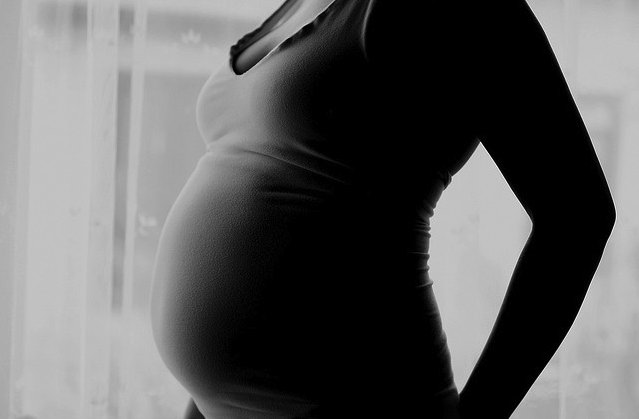April 11-17 is Black Maternal Health Week. According to organizers at Black Mamas Matter Alliance, the observance is meant to bring increased awareness to the racial gaps in maternal health and to discuss solutions to address them. And in recognition of the week, Rewire published "Race Isn’t A Factor in Maternal Health. Racism Is." Written by Dr. Joia Crear-Perry, it is a commentary meant to shift the conversation around risk factors that influence the disproportionate rates of maternal mortality for Black women.
Crear-Perry is the founder of the National Birth Equity Collaborative, and because of this role, she was contacted by media outlets to provide a quote following the December 2017 death of activist Erica Garner, daughter of Eric Garner. Garner died at the age of 27 from peripartum cardiomyopathy, a rare form of heart failure found in women who have recently given birth. In response, Ob-Gyn Crear-Perry researched more information on the condition’s risk factors:
rnt
To my chagrin, I found “African-American descent” or Black race listed among risks such as history of cardiac disorders and poor nourishment. This underscored that, as mainstream media are finally writing about how Black women in the United States are the most likely of this country’s women to die from pregnancy-related complications, we need to talk about how we talk about race, risk and maternal death.
Just as “woman” is not listed as a risk factor that can contribute to maternal mortality, neither should racial or ethnic categories, she asserts. “Instead, we need to start telling the truth: It’s exposure to racism that is the risk factor,” Crear-Perry writes. She continues:
rnt
Based on well-established data, risk factors are categorized as modifiable or nonmodifiable, and health-care providers use them to counsel patients on how they can avoid or decrease their likelihood of death or disease. Knowing the risk factors allows patients to do things like get tested earlier for an illness or, for example, participate in a smoking cessation program. Risk factors can include attributes like fair skin for melanoma, which you can’t modify but you can cover or add sunscreen. But no one’s saying that Whiteness is a risk factor for melanoma.
Crear-Perry emphasizes that assumptions held by many in both the media and health care professions allow them to readily—and often without supporting proof—link race with poverty, as a reason behind the fact that Black women die at rates three times higher than White women in pregnacy-related deaths. Yet, she writes:
rnt
Despite our nation’s vast wealth and the tremendous amount of resources spent on health care services, women in the United States die within a year of childbirth more than women in any other nation with an advanced economy. And research shows us what Black women have always known: We can’t buy or educate our way out of dying in childbirth or having our babies die. Black women who live in affluent neighborhoods, receive prenatal care in the first trimester, are normal weight, and have advanced degrees are still more likely to die or have their baby die than white women in poor neighborhoods, with no prenatal care, who are obese, and don’t have a high school diploma.
She goes on to offer a solution, albeit one that would necessitate people recognizing that many policies in the United States are premised on racism, including redlining and Medicaid disparities. Says Crear-Perry:
rnt
There’s a good way to begin from this moment onward: Let’s list racism as a modifiable risk factor for poor maternal health outcomes. When we can do that, we can work together to dismantle it.
Read the full article here.
